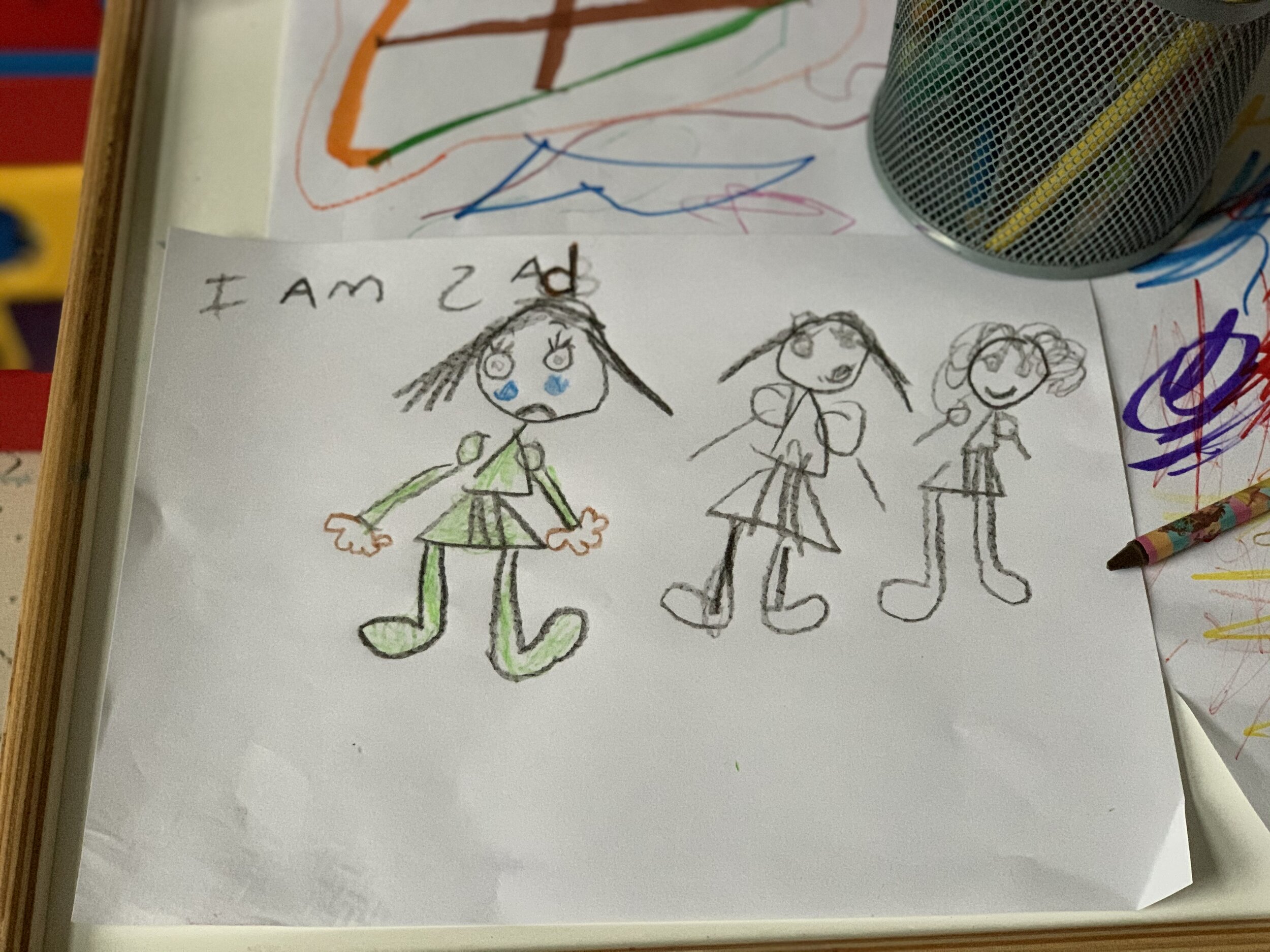The Things We Carry
When people ask me what it’s like to have 3 daughters, I often tell them, “there are a lot of big feelings in our house.” And while I have no little boys to compare, my 4-year-old cried for 7 minutes this morning because her paper airplane didn’t have any staples in it. I relate to my daughters on many levels, but I especially empathize with how deeply they feel things.
A little while ago, I lost someone I loved very much. I was invited to witness her final days—a gift that both honored and terrified me. She had a hospice bed in her living room that no one else was able to move her to. And so, I scooped up her delicate body and I walked her to what would become her final resting place here on Earth. The weight of some moments cannot be measured.
I came home stricken with grief so thick my legs stopped working. Her life was worthy of a symphony, and all I have to compose are my words. My daughters tumbled towards me and I thought about all the life my arms encircled that day. The intimacy of this experience made me feel like I should look away from it. Like a bleeding wound beneath a firmly pressed hand, if we don’t uncover it, we won’t have to register the pain.
But I can’t.
And I won’t.
What a terrible tragedy it would be if I were to pretend that I was the same person before, as I was after.
We have all qualified for this feeling of monumental change. It is not only reserved for grief, but for the full spectrum of emotions. If you are a parent, then you’ve felt it. Because having children is bigger than we are. They will do things in their life that surpasses beyond what we can do. We can only hope that we carried them long enough to prepare them for all their big feelings.
I lay in bed with all 3 daughters resting on me and I want to absorb this tenderness; our love becomes fluid and its warmth fills and overflows. And I need to know—where do I put these feelings? They are just too big for my body. I’ve watched the physical response within my own child when their tiny body reaches its boiling point, like a teapot we see: rage, joy, sadness, kindness, frustration escaping them. Sometimes quickly, sometimes slowly. They become effervescent. I ask again, where do we put these feelings? I think we must pour the good ones back into each other and help bear the load of the rest, because it can be far too heavy to carry alone.

